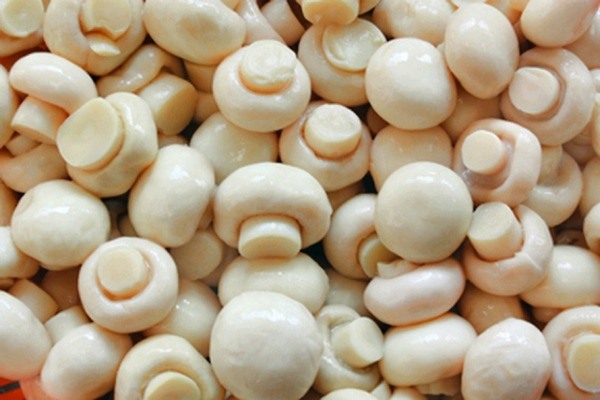In Nepal, "National Mushroom Day" is observed annually on Poush 15 of the Nepali calendar, which corresponds to December 29 in the Gregorian calendar. However, the country's mushroom production still does not meet domestic demand. Mushroom farming has seen an expansion across 70 districts, with 40 districts engaging in commercial production and approximately 35,000 farmers participating in mushroom cultivation. This sector is supported by 67 labs dedicated to producing mushroom seeds.
The Mushroom Producers' Association reports that despite the growth in mushroom farming, local production is insufficient. Santosh Karki, the president of the association, highlighted that Nepal engages in mushroom transactions worth around Rs 15 billion ($112 million) annually. He pointed out, "Nepal does produce mushrooms, but rising demand has led to significant imports, particularly of canned mushrooms." According to Karki, Nepal's daily mushroom production includes 50,000 kilograms of Kanya mushrooms, 10,000 kilograms of button mushrooms, 1,200 kilograms of Raja mushrooms, 600 kilograms of Shiitake mushrooms, and 10,000 kilograms of other varieties. However, the country imports mushrooms valued between NPR 150-200 million ($1.1-1.5 million) annually but exports only Rs 800,000-1 million ($6,000-7,500).

Karki criticized the government's lack of support for commercial mushroom production and urged for the initiation of commercial production of valuable mushrooms found in Nepali forests. He also called for the federal government to officially recognize National Mushroom Day and to introduce relevant programs. Despite the Ministry of Agriculture offering a 75 percent subsidy on crop insurance, mushrooms are reportedly excluded from coverage. Karki emphasized the need for clear policies on mushroom farming and market development to facilitate the sector's growth.
Nepal has a long history of mushroom consumption and began commercial farming with research on Kanya mushrooms in 1973-74. The National Agriculture Research Council's Crop Disease Science Division has been pivotal in developing mushroom farming techniques and training programs for farmers. With adequate government support, Karki believes Nepal could achieve self-sufficiency in mushroom production, particularly Dalle mushrooms, within 2-4 years, transitioning from an importer to an exporter of mushrooms.
The Mushroom Producers' Association recently hosted a mushroom fair and exhibition at Bhrikutimandap, showcasing the potential and diversity of Nepal's mushroom sector.
Source: onlinekhabar










